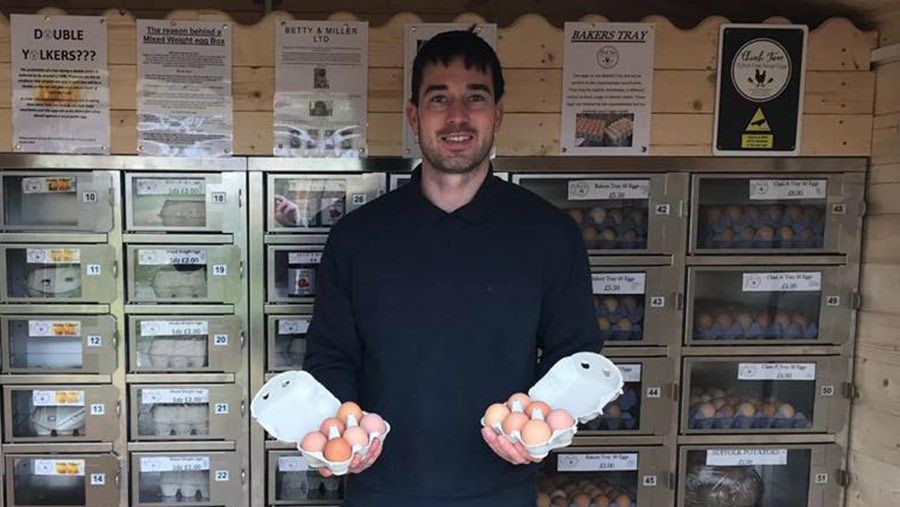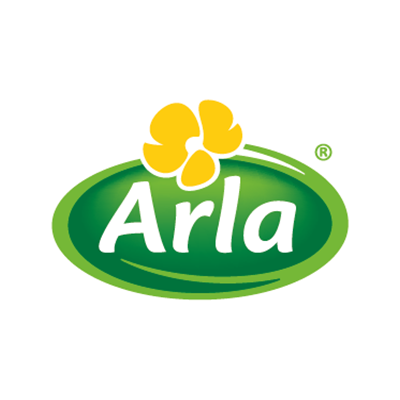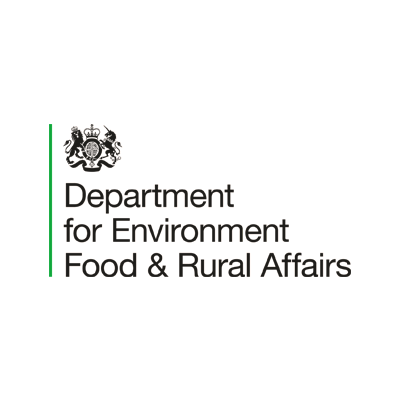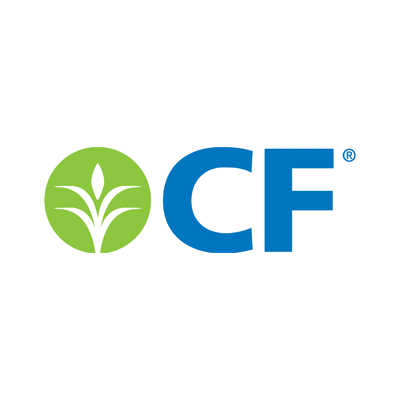#FeedTheNation: Vending machines open up market for farmers
 © Chris Hull
© Chris Hull The coronavirus pandemic has prompted more farmers to invest in vending machines to help feed the nation and provide contactless sales for customers.
Vending by JSR supplies, , based in Blairgowrie, Scotland, fresh produce vending machines to farmers in the UK. Sales and marketing director Stuart Retson said many farmers now realise it is a viable way to sell all their produce, following the success of milk vending machines on dairy farms.
“Typically, folk that are still working with honesty boxes are being overrun. We are taking orders down in Kent all the way up to the north of Scotland. It has been extremely busy since March,” he said.
“Everything you get in a farm shop, you will see in one of these vending machines, from ready meals through to expensive Wagyu beef steaks, eggs, vegetables and dairy products.”
Vending machine advice before investing
- Start small, then add more – get the ball rolling and add more lockers later if sales take off
- Think carefully about size – consider avoiding lockers that fit to exact packaging sizes in case you need to scale up or swap produce around. It is better to have universal sizes than lockers bespoke for one item
- Presentation – lockers that are presented nicely will entice customers. Clear signs with key messaging work well
- Environment – consider where the machine will live and what that space is like for the customer using it. The machines can sit outside, but if it is raining or hot, some shelter would make it more appealing to use. Sheds or lean-tos can be cost-effective options. Alternatively, more farmers are using shipping containers, which can be moved around and offer more protection
The machines are assembled in Germany and Italy, before being loaded with software that allows the farmer to track sales and be notified when it is time to re-stock.
Orders are customised, with farmers deciding on how many lockers to have, whether they are cold, chilled or frozen, and what payment methods to use.
A monthly software charge of £18 and a service charge of £450 a year begins after the first 12 months of owning the machine, which covers breakdowns and maintenance.
“Farmers were reporting 70% of payments before coronavirus were contactless. Now that is up to 90% plus for machines that are offering both cash and card payments. People do not want to handle cash anymore,” Mr Retson said.
Exceeded expectations
Chris Hull sells free-range eggs and other local produce in a vending machine he bought in February last year. Mr Hull farms in partnership with his brother and parents, and they have 17,000 hens kept across four sites near Occold, Suffolk.
The total cost of the vending machine and the shed it sits in was £20,000. “If you buy land, you pay that off over a long period of time. The vending machine is much more profitable in that sense than anything else we do on the farm. It has basically paid for itself in a year,” said Mr Hull.
“Customers are getting a good deal and we, as farmers, are making much more money from it. For us, it is a no-brainer – we top the machine up; it takes a bit of power, but probably tens of pounds per year.”
Vegetables, jams, chutneys and honey are also on offer in the machine. The coronavirus pandemic has boosted sales, with more people deciding to avoid busy supermarkets and long queues.
“It has far exceeded what we thought it would do. It has been a real benefit for the business itself and our long-term sustainability. It has opened up more avenues for us.”
#FeedtheNation
Farmers Weekly is getting behind the #FeedtheNation campaign to back UK farmers working flat out to produce safe, affordable and reliable food to feed the nation during the coronavirus crisis.
With our partners, we are raising public awareness of this campaign by highlighting the actions farmers are taking to get food to consumers.
Join in the campaign by sharing your stories with us on Facebook, Twitter or Instagram using the hashtag #FeedtheNation or email us at philip.case@markallengroup.com or telephone 020 8652 4905.












